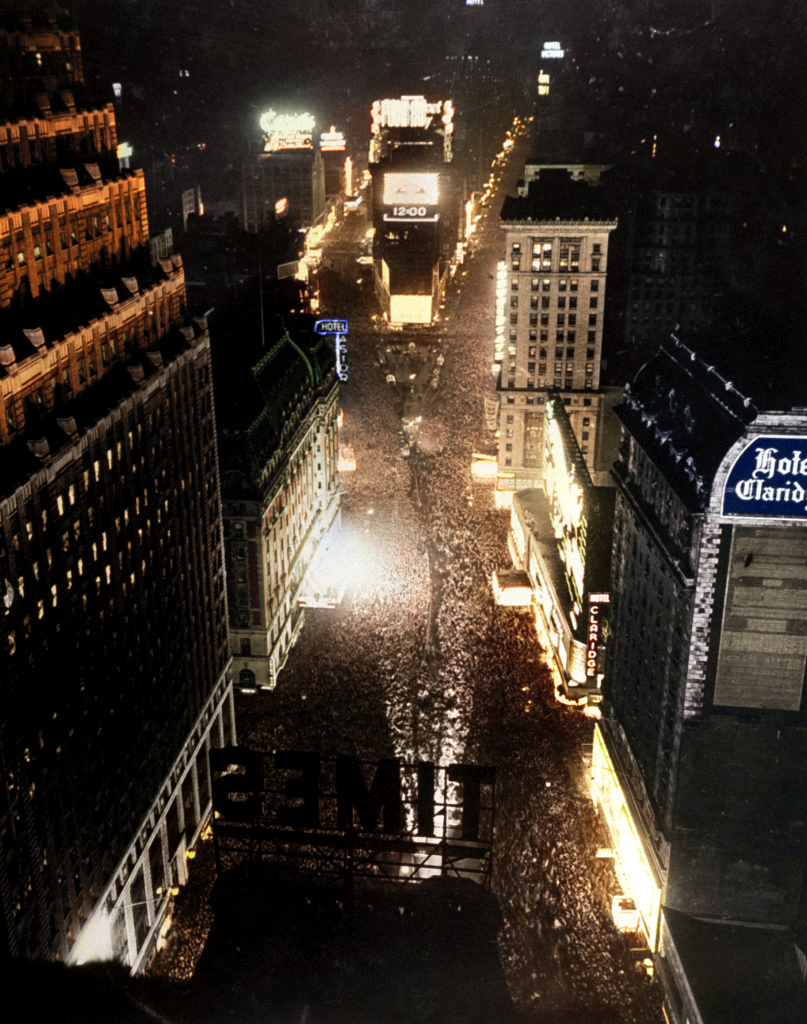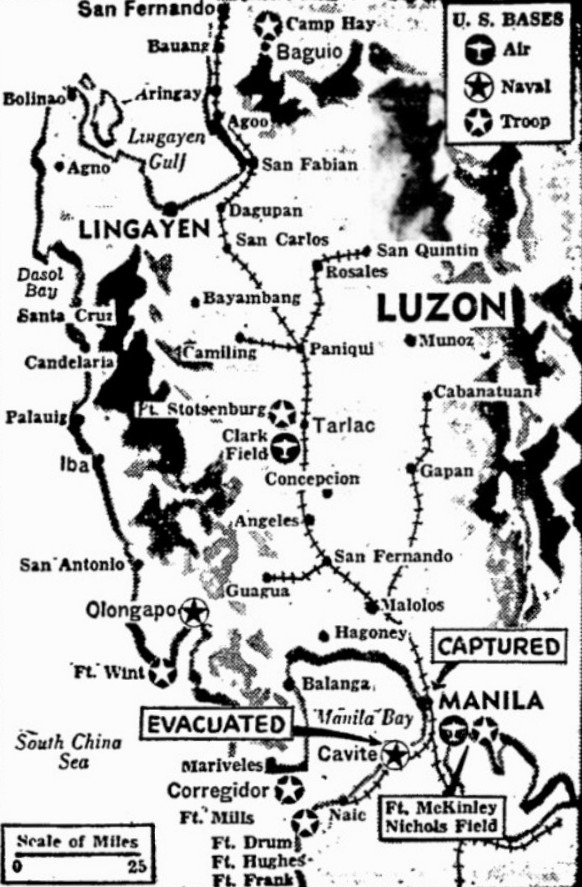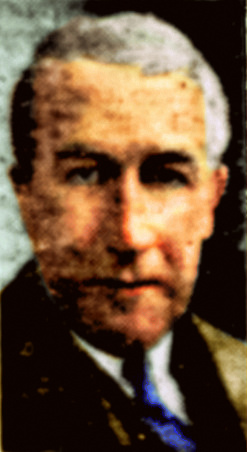A joint declaration by the United States, the United Kingdom, the Union of Soviet Socialist Republics, China, Australia, Czechoslovakia, Belgium, Cuba, Costa Rica, Dominican Republic, Haiti, Honduras, Nicaragua, Guatemala, El Salvador, India, New Zealand, Greece, Luxembourg, Norway, Yugoslavia, Poland, the Netherlands, Panama, South Africa, Canada
The Governments signatory hereto,
Having subscribed to a common program of purposes and principles embodied in the Joint Declaration of the President of the United States of America and the Prime Minister of the United Kingdom of Great Britain and Northern Ireland dated August 14, 1941, known as the Atlantic Charter.
Being convinced that complete victory over their enemies is essential to defend life, liberty, independence and religious freedom, and to preserve human rights and justice in their own lands as well as in other lands, and that they are now engaged in a common struggle against savage and brutal forces seeking to subjugate the world, DECLARE:
-
Each Government pledges itself to employ its full resources, military or economic, against those members of the Tripartite Pact :and its adherents with which such government is at war.
-
Each Government pledges itself to cooperate with the Governments signatory hereto and not to make a separate armistice or peace with the enemies.
The foregoing declaration may be adhered to by other nations which are, or which may be, rendering material assistance and contributions in the struggle for victory over Hitlerism.
Done at Washington
January 1, 1942
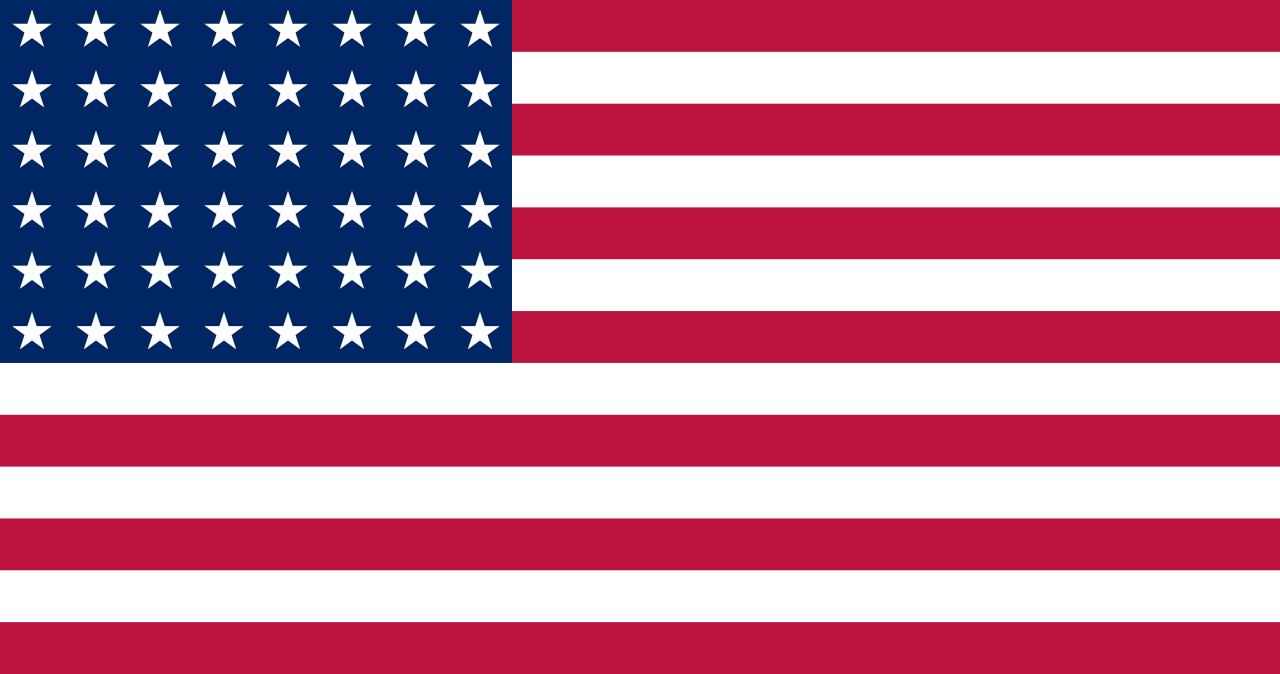
FRANKLIN D. ROOSEVELT
On behalf of the United States of America
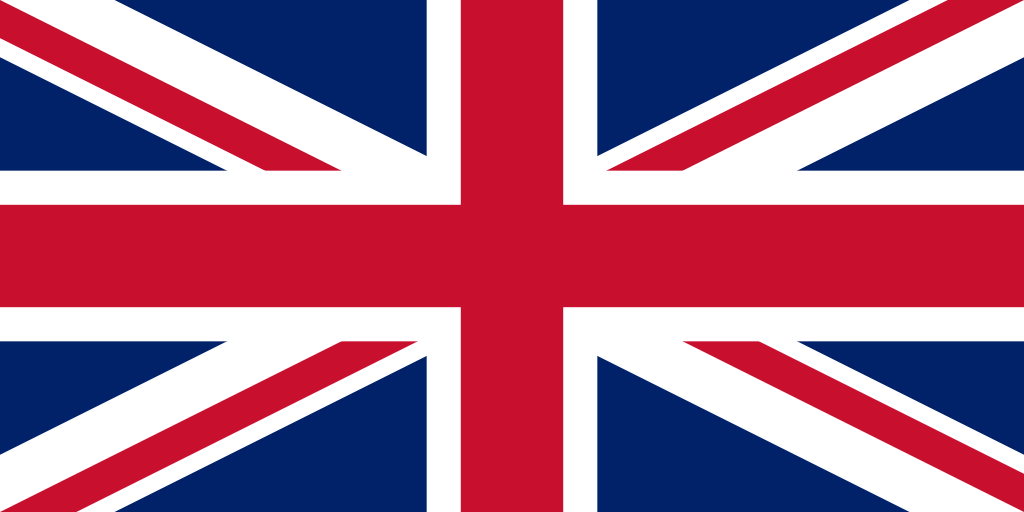
WINSTON CHURCHILL
On behalf of the United Kingdom of Great Britain & Northern Ireland

MAXIM LITVINOV
On behalf of the Government of the Union of Soviet Socialist Republics
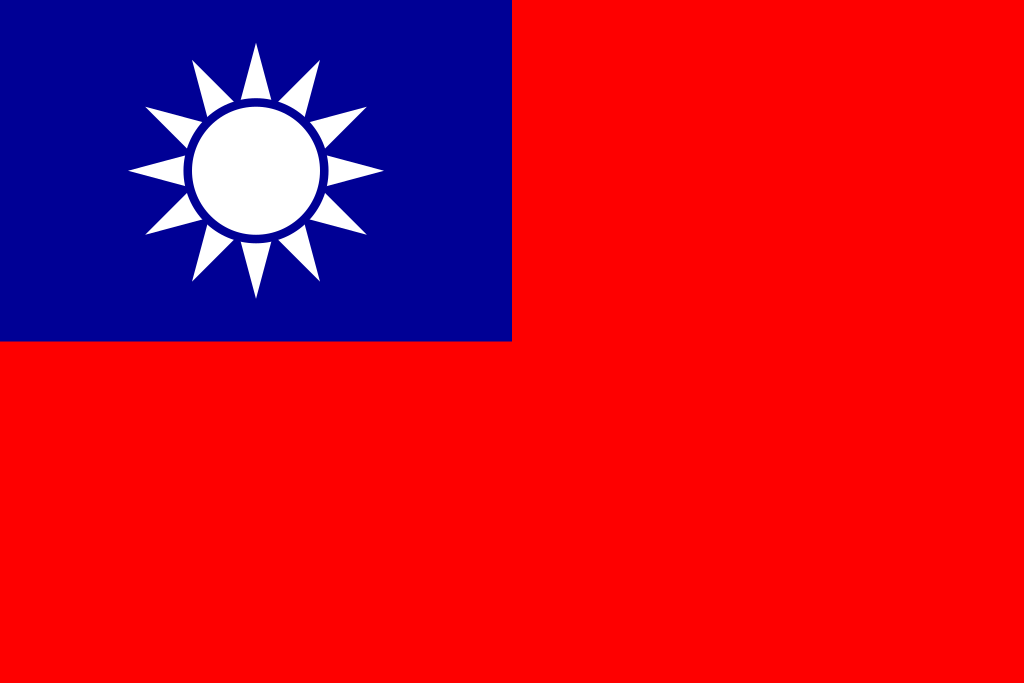
T. V. SOONG
On behalf of the National Government of the Republic of China
January 2, 1942

R. G. CASEY
On behalf of the Commonwealth of Australia

V. S. HURBAN
On behalf of the Czechoslovak Republic

CTE. E. v. STRATEN
On behalf of the Kingdom of Belgium
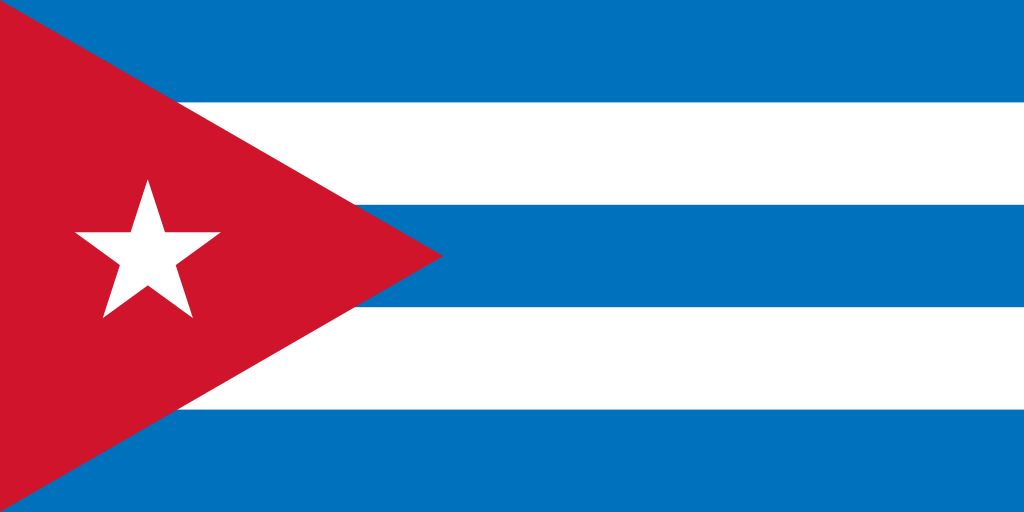
AURELIO F. CONCHESO
On behalf of the Republic of Cuba
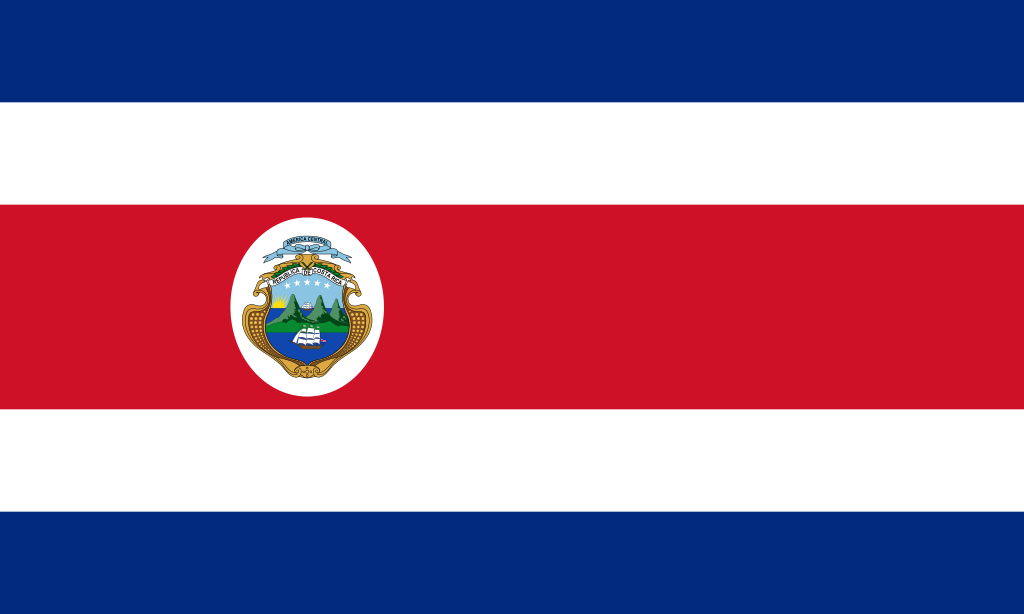
LUIS FERNÁNDEZ
On behalf of the Republic of Costa Rica
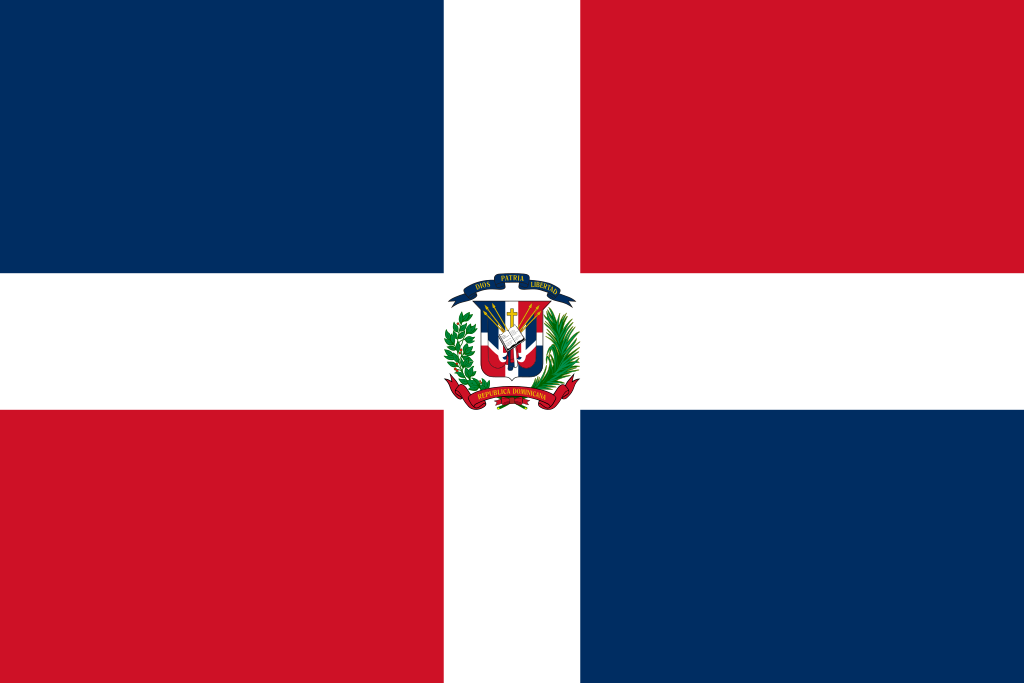
J. M. TRONCOSO
On behalf of the Dominican Republic
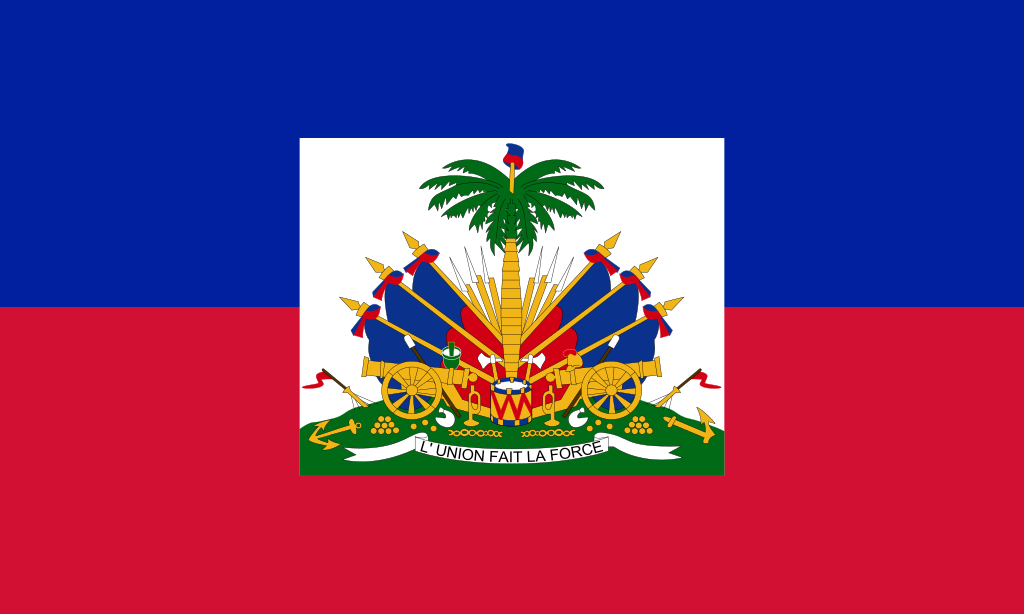
FERNAND DENNIS
On behalf of the Republic of Haiti

JULIÁN R. CÁCERES
On behalf of the Republic of Honduras

LEON DE BAYLE
On behalf of the Republic of Nicaragua
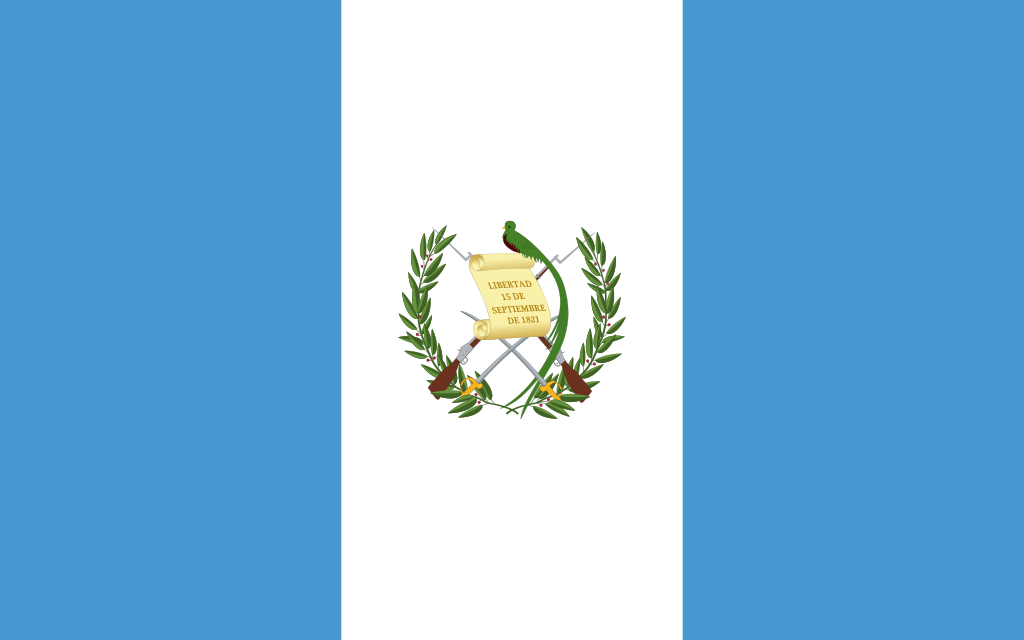
ENRIQUE LOPEZ-HERRATE
On behalf of the Republic of Guatemala
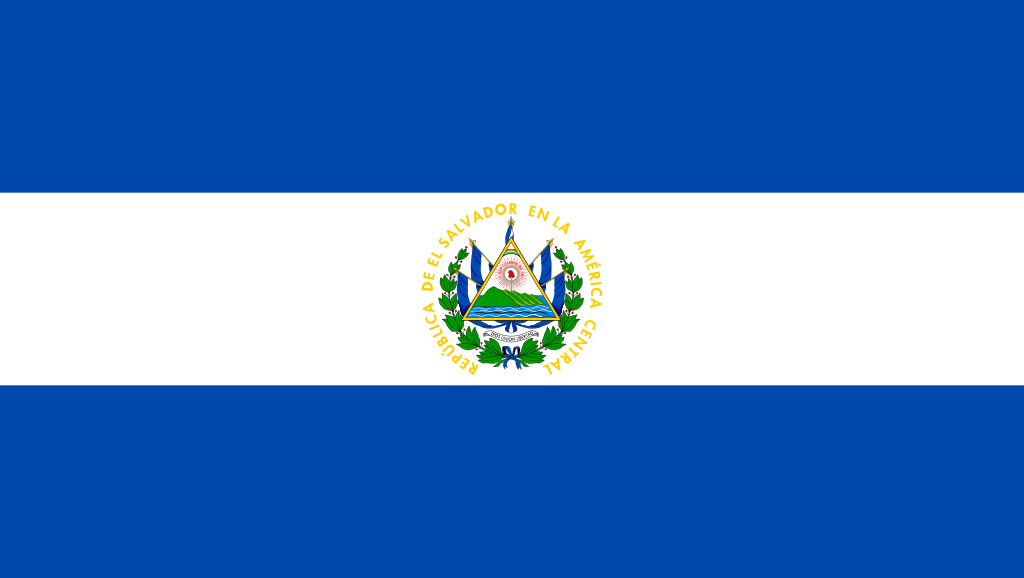
C. A. ALFARO
On behalf of the Republic of El Salvador
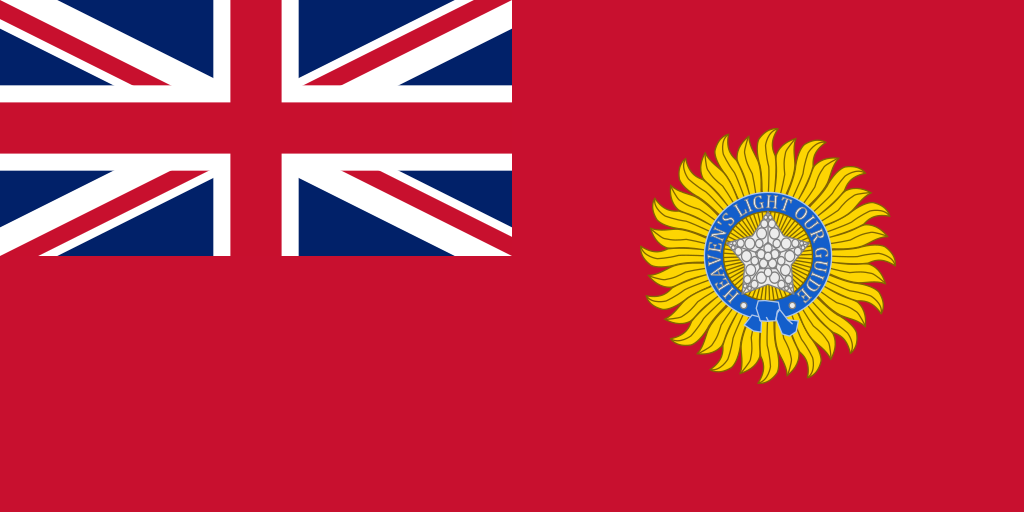
GIRIJA SHANKAR BAJPAI
On behalf of India
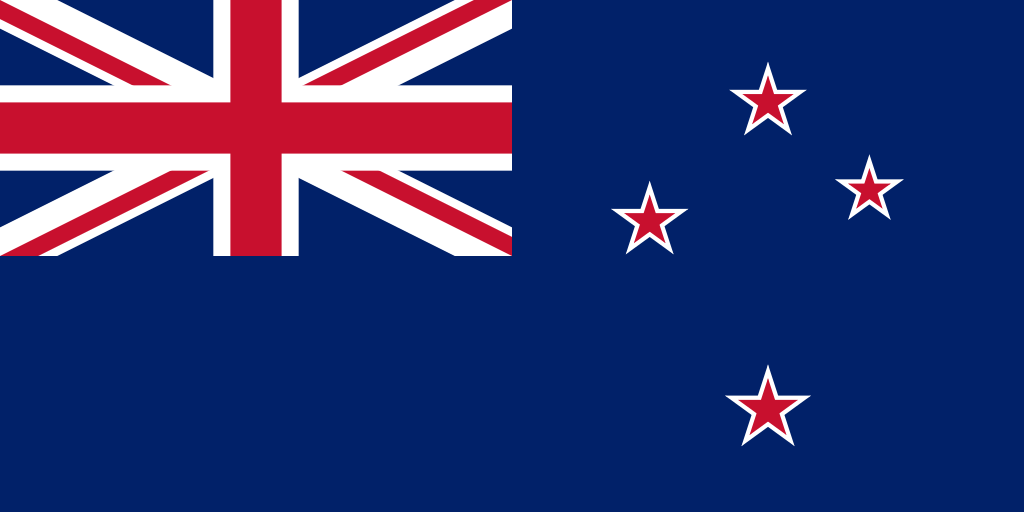
FRANK LANGSTONE
On behalf of the Govt. of the Dominion of New Zealand

CIMON P. DIAMANTOPOULOS
On behalf of the Kingdom of Greece

HUGUES LE GALLAIS
On behalf of the Grand Duchy of Luxembourg
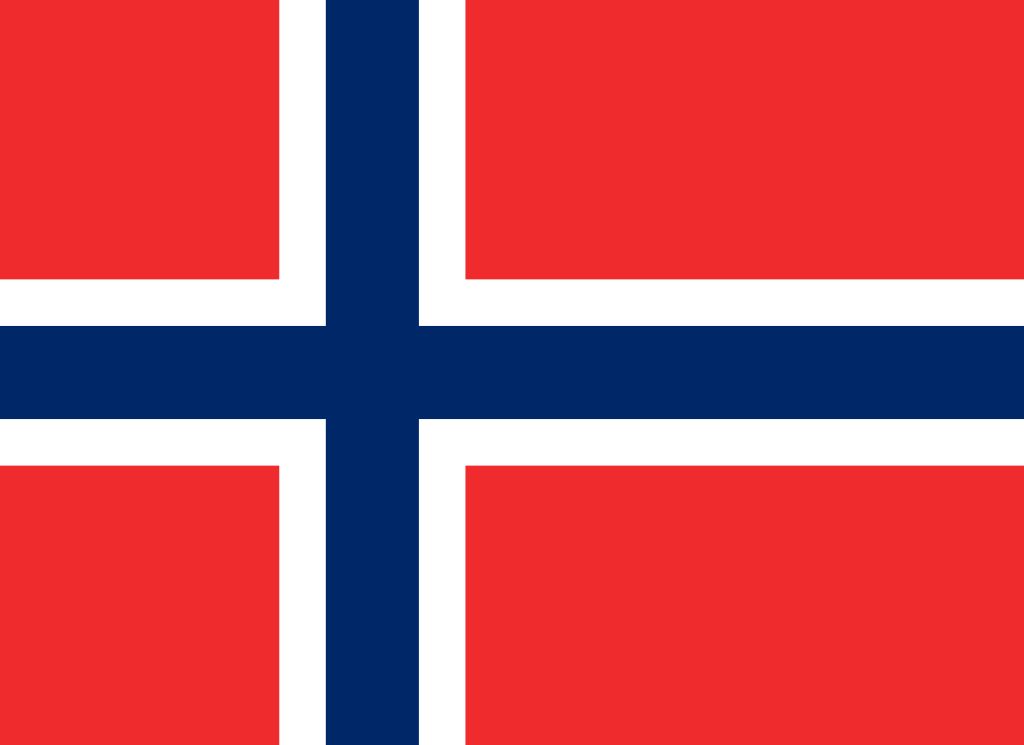
W. v. MUNTHE AF MORGENSTIERNE
On behalf of the Kingdom of Norway

CONSTANTIN A. FOTITCH
On behalf of the Kingdom of Yugoslavia

JAN CIECHANOWSKI
On behalf of the Republic of Poland

A. LOUDON
On behalf of the Kingdom of the Netherlands
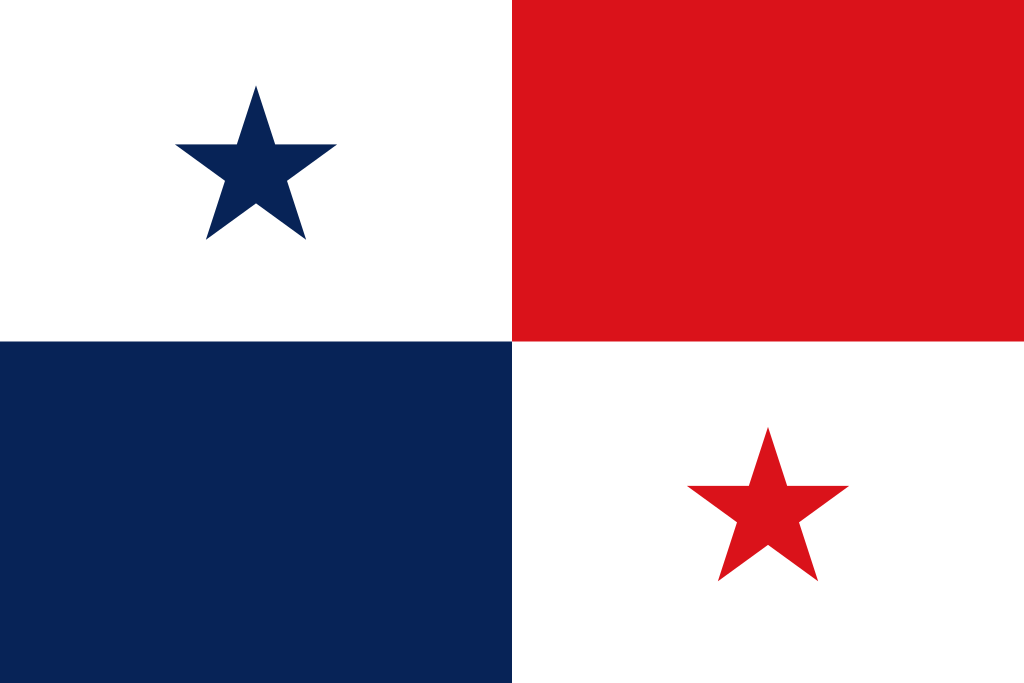
JAÉN GUARDIA
On behalf of the Republic of Panama
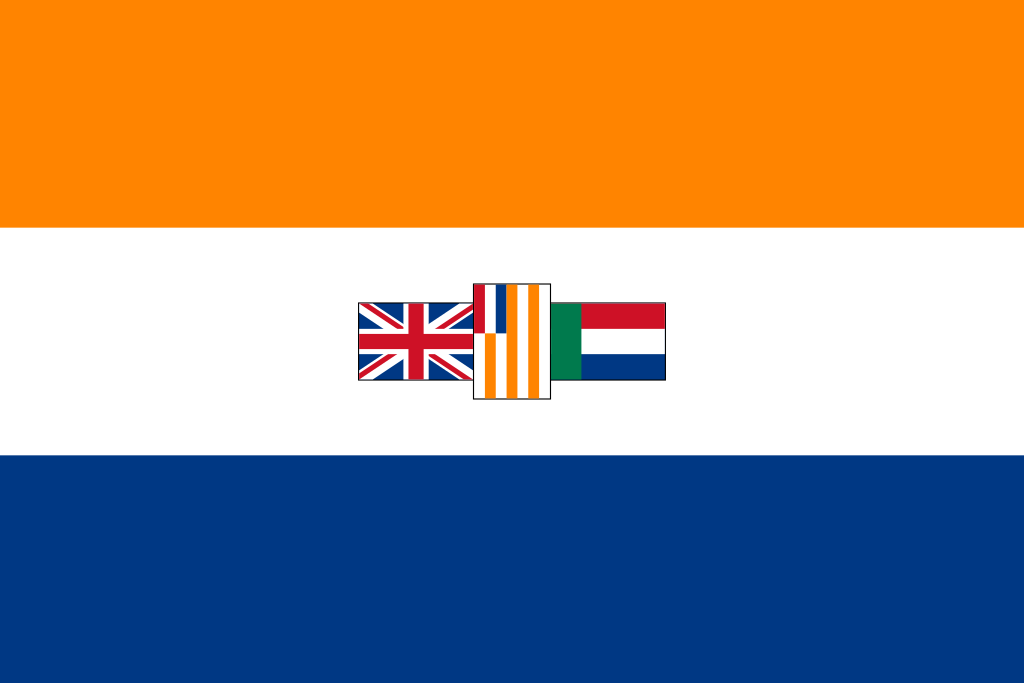
RALPH W. CLOSE
On behalf of the Union of South Africa

LEIGHTON McCARTHY
On behalf of Canada
U.S. War Department (January 1, 1942)
Communique No. 39
Philippine Theater.
Severe fighting continues north of Manila, where U.S. and Philippine forces have been consolidated and are continuing to resist the Japanese advance. Strong positions are now occupied by the defending troops, who are inflicting heavy losses on the invaders. A major battle is now in progress.
Hawaii.
The Commanding General, Hawaiian Department, reports that three different islands of the Hawaiian group were shelled by enemy submarines. A few shells were fired at the port of Hilo, on the island of Hawaii, causing slight damage to the wharf. The harbor of Kahului, on the island of Maui, which had been shelled by a submarine some time ago, was again attacked. Five rounds were fired with no damage. An attack likewise was made on the shore near Lihue, on the island of Kauai, when a few rounds were fired, setting fire to a sugarcane field. There were no casualties and practically no damage by any of these attacks.
There is nothing to report from other areas.
Communiqué No. 40
Philippine Theater.
Despite heavy enemy attacks attempting to break up our troop movements, the maneuver designed to regroup the two forces of U.S. and Philippine troops opposing the Japanese in the north and southeast has been successfully accomplished. All available defending forces have now been united. In addition to the land positions, the harbor defenses and island fortifications are strongly held by our troops.
Gen. Douglas MacArthur, commanding the USAFFE, has submitted a report to the War Department dealing with the internment and surveillance of enemy aliens in the Manila area.
Although our troops were fully occupied in combat operations, every requirement of international law was carefully observed in dealing with Japanese subjects residing in the Philippines. Approximately 175 Japanese civilians were placed under close guard in an internment camp near Manila. About 3,000 other subjects in other localities were placed under surveillance to protect them against possible mob violence.
This action was taken at the urgent request of the Japanese Consul General in Manila. Every consideration was shown both to those interned and to those under surveillance and every reasonable provision was made for their comfort. Police protection was extended to Japanese property.
The hope was expressed that this general treatment of Japanese subjects by American and Philippine authorities would result in reciprocal treatment by Japan of American and Philippine civilians residing in regions now occupied by Japanese troops.
There is nothing to report from other areas.
The Evening Star (January 1, 1942)
Capital leads observance of day of prayer
Roosevelt, Churchill attend services for New Year
Led by President Roosevelt and Prime Minister Winston Churchill of Great Britain, Washington joined in a National Day of Prayer this New Year’s Day, confident that the nation fights in a righteous cause, but soberly reflecting on the kind of world that should be built after the war.
Thousands thronged churches this morning, while others engaged in quiet talks in the family circle at home, discussing the grave events of today and their effect on the future.
In accordance with a suggestion by the Washington Federation of Churches, many families said special prayers at the breakfast table and the grownups explained to the children about President Roosevelt’s proclamation setting aside the day for prayers.
Churchill returns to capital
Mr. Churchill returned here from Canada this morning. It was not disclosed what church he and Mr. Roosevelt attended.
At 5:00 this afternoon ET, Angelus bells will ring in the city’s churches and over the radio in a call to silent prayer to everyone wherever they might be. Dr. John Rustin, vice president of the federation, will speak over radio station WMAL at that hour in connection with the observance.
Today’s period of prayerful reflection came after a night of revelry that was somewhat less boisterous than the usual New Year celebration because of the grim war in which the country is engaged.
A number of churches marked the arrival of 1942 with nightwatch services.
Several prayer services were being held at the Washington Cathedral today after the first New Year watch service in the 35 years of the history of the cathedral was held last night. The Rt. Rev. James E. Freeman, Bishop of Washington, conducted the prayer and sacred song service. Two gatherings for prayer today were held this morning, another at noon and the fourth is scheduled for 4:00 this afternoon.
Rites at Wilson tomb
The special services in the Bethany Chapel in the cathedral will have particular meaning. It is there that the last World War President, Woodrow Wilson, lies buried.
In that chapel, too, is the tomb of Frank B. Kellogg, one-time Secretary of State, who thought when he had won to his peace pact the signatures of Germany and Japan, among other nations, that the world would never again be at war.
Nearby is a marker that reads:
GEORGE DEWEY. It was Admiral Dewey, who as commander of the United States Asiatic Fleet, won the Philippines for the United States.
That victorious event was 41 years and five months ago to a day – and now the Lord Mayor of London is broadcasting words of cheer on New Year’s Day from the bombed city of London to the bombed city of Manila.
At the Calvary Baptist Church, Dr. W. S. Abernethy closed his 20-year pastorate with a sermon in which he declared that “to bring the full impact of the Christian message upon the problems of a world engulfed in misery is the task before us.”
Assails ‘exclusiveness’
Calling for readjustments within the church, he said:
Sectarian exclusiveness has been the curse of Protestantism, and something must be done about it or our efforts will become increasingly fruitless. One of these days the war will be over, and the churches of America will be thinking of taking up their work again in Japan, where we have had flourishing missions. Whether we do go back or not depends very largely on what happens during the next few years. But if we do return, it will not be as Baptists and Presbyterians and Methodists. It will not be as Northern Baptists and Southern Baptists. It will be the Christian church of America that will go back. And what will be true over there must be tried out here at home, and I am convinced that the exigencies of this new day will demand it.
It has been all too apparent to me that we have been spending a major portion of our time on the things that divide us as religious bodies and not enough on the things that unite us. Not how much water is necessary in baptism, not whether the Episcopal or the Presbyterian or the Congregational system of church government is correct, not how many people there are in hell or whether Christ may come before the millennium. These questions sink into insignificance beside that of making Jesus Christ regnant in the world and reclaiming lives that are maimed and broken. To bring the full impact of the Christian message upon the problems of a world engulfed in misery is the task before us.
‘No time for wailing’
The Rev. Ralph Loew, associate pastor of the Lutheran Church of the Reformation, said at services there today that “this is no time for selfish wailing or noisy doubts.”
He continued:
The ruin about us is too impressive for that. Today we confess our faith in the things that are imperishable. This year must be thought through. Believing as we do in the ultimate victory and worth of Christian principles, this New Year’s Day is a day of confession of sin and faith and dedication to the highest usefulness as Christian citizens.
The Rev. Robert E. Lee of Blacksburg, Virginia, assisted in the services. Worshipers joined in prayers for President Roosevelt and the nation and in petitioning for guidance toward a just and lasting peace.
Dr. Gerhard E. Lenski, pastor of the Grace Lutheran Church, told his congregation today that a “careless, dissolute” life is a “national liability, a specious form of treason.”
He asked:
The intemperate man, the vicious man, the woman who is a social parasite – of what earthly use are these when the people go forth to Armageddon?
They are a hindrance, a menace. They are “fifth column” workers of a more dangerous kind than those which the enemy sends.
Insofar as we partake of their faults, let us in these days – for our country’s sake – forsake wickedness and return to the Lord who now calls us. Let no man call his responsibility in this matter a negligible and unimportant thing. Who knows but what your unwillingness and mine to repent and to lay aside evil and selfish ways may not be come, in the final analysis, just that bit of added weight that tips the eternal scales – not upward to victory – but downward to defeat and to moral decay!
Major battle raging near Manila; heavy losses inflicted on enemy; Japs shell three islands of Hawaii
Stimson lauds defense by MacArthur
By the Associated Press
The War Department today reported a major battle was in progress north of Manila and Philippine defense forces were inflicting heavy losses on the invaders.
A communiqué announced at the same time that three islands of Hawaii had been shelled by enemy submarines, but there were no casualties and virtually no damage.
A communiqué reported Philippine developments up to 9:30 a.m. ET (11:30 p.m. Wednesday PHT), in fewer than 50 words, failing to disclose whether the Philippine capital still stood.
The communiqué said the points shelled in Hawaii were Hilo, on the island of Hawaii: the harbor of Kahului on the island of Maui, and the shoreline near Lihue, on the island of Kauai. At Hilo, second Hawaiian city, slight damage was caused to a wharf. The harbor at Kahului was fired on five times without damage.
At Lihue, a few rounds were fired, setting fire to a sugarcane field.
Second attack of war
The attack on Kahului was the second of the war, a submarine having fired about 10 shells there on Dec. 16.
The communiqué was read at his press conference by Secretary of War Stimson, who praised Gen. Douglas MacArthur’s defense of the islands as “masterly.”
Secretary Stimson told an inquirer the War Department had not instructed Gen. MacArthur to quit the Philippines in the event of a forced capitulation to the Japanese.
He said “we have to face the facts” of Japanese strength, and added:
I am confident we can and will defeat the enemy in the end, but we cannot by looking through rose-colored spectacles.
Heavy enemy losses
He expressed belief that the enemy had suffered heavy losses, since the fighting had been “very well-sustained” by the U.S.-Filipino forces and the Japanese had to carry the attack to capable defenders.
Mr. Stimson refused to comment on criticism of the order making Manila an open city, observing that:
When our people are fighting under a most skillful commander in a struggle which it had been recognized for 20 years would be extremely uphill when it came, there should be no criticism from us.
Nothing has occurred to indicate that Gen. MacArthur’s defense has been other than masterly, he added.
Meanwhile, Washington steeled itself against possible surrender of Manila and soberly considered the best way to redeem America’s Far Eastern outpost in the event of its fall to the Japanese.
There were compelling reasons to believe that the fall of Manila might not be long delayed. Wounded men of the American and Philippine armies had been evacuated on a ship bound for Australia. Heavy Japanese forces even earlier had been reported bearing down on the city from both north and south.
In a New Year broadcast, Premier Gen. Hideki Tōjō of Japan asserted that “it is only a question of time until Manila and Singapore meet a fate similar to that of Hong Kong.” The British crown colony fell to the Japanese on Christmas Day.
Position not made clear
The hour-to-hour position of Gen. MacArthur’s defense lines was not made clear in any of the official communiqués, although some Axis radio broadcasts declared the front was no more than 10 miles from the commonwealth capital. An Army communiqué issued late yesterday said that resistance to the Japanese invaders was continuing and described the moving of the wounded to Australia.
Yesterday, the Navy issued a communiqué, apparently interred as a denial of Tokyo’s claims that Maui, Palmyra and Johnston Islands, in or near the Hawaiian group, had been effectively bombed. The situation on those islands, the Navy said, was unchanged since the last report, which was received Dec. 24.
All indications were that Manila must soon surrender to powerful Japanese forces slashing their way steadily toward the city from two directions regardless of the fierce resistance of badly-outnumbered defending troops.
There was only scant news, phrased in most general terms, of what was going on. but its meaning was unmistakably plain.
Censorship or interrupted communications had virtually ended the receipt of press dispatches from the beleaguered city. Radio telegraph companies refused to accept messages for Manila, or took them only at the server’s risk. The Navy said, however, it was still in touch, presumably by radio.
It was considered indicative, too, that Gen. MacArthur announced a daring and dramatic effort to evacuate 300 seriously wounded soldiers from Manila by sea. They were to be placed onboard a ship flying the American flag and the Red Cross flag. Under the usual rules of warfare, the latter would give the vessel immunity from attack.
The great difficulty of reinforcing the U.S.-Filipino defenders was apparent from the outset, especially in view of the time situation. In the time that has elapsed since the war began, troops could barely have reached the island by now under normal circumstances, to say nothing of having to run the Japanese blockade.
Then, too, there was the question of overall Allied strategy, which apparently considers it more important to concentrate available fighting equipment upon holding the Nazi armies in check until industrial production provides enough fighting tools for assuming the offensive on all fronts.
Wrote off Manila
So it was that many here regretfully wrote off Manila days ago when the plight of the Philippines and the broad outline of Allied grand strategy became apparent. They wrote it off, however, for recapture later, when the material is available for the Allied drive against Japan.
The imminent fall of the Filipino capital, however, raised several questions upon which Washingtonians speculated. “Would fighting continue in the southern island of Mindanao?” was one of them, and “what about Corregidor?” was another.
Corregidor is a rock island fortress in the entrance to Manila Bay. Military experts have said it was capable of withstanding a siege of many months. Possibly, it could make things extremely difficult should the Japs attempt to bring their warships into the harbor.
Virtually the last press dispatch from Manila contained Gen. MacArthur’s abrupt summary of the situation as it existed early this morning (ET):
The enemy is driving in great force from both north and south.
His dive bombers practically control the roads from the air.
The Japanese are using great quantities of tanks and armored units.
Our lines are being pushed back.
A little later, the War Department briefly summarized the situation as it stood at 9:30 a.m. ET:
The enemy continues to exert heavy pressure on all fronts with extensive use of dive bombers and armored units. In spite of these difficulties, a further readjustment of our lines has been completed in an orderly manner. U.S. and Philippine troops continue to offer strong resistance, inflicting heavy losses on the enemy.
Tokyo’s subs may try to shell coastal cities, Nimitz warns
New Hawaii attack is also possible, admiral asserts
Pearl Harbor, Hawaii (AP) –
Adm. Chester W. Nimitz, new commander of the U.S. Pacific Fleet, warned that Japanese submarines operating off the West Coast of the United States might attempt to shell coastal cities.
Speaking to reporters aboard a big new submarine yesterday just three hours after he assumed command, Adm. Nimitz said:
It’s relatively safe and simple for a submarine to arise to the surface near a port and throw a few shells into a city.
It is not beyond the bounds of possibility that Japanese submarines operating off the West Coast of the United States may attempt to lay their shells into cities before they leave.
The ocean, he added, is “too big to prevent it entirely.”
Significance of shelling
A reporter asked the significance of submarine shelling of three points in the Hawaiian Islands the night of Dec. 30. Adm. Nimitz replied that:
Japanese captains desire to make the utmost use of their weapons when there are no targets for their torpedoes.
The setting for the admiral’s first press conference after taking over his new command was colorful and unusual in many respects. It was said to be one of the few times in the history of the fleet that a commander’s four-star flag had flown from a submarine.
Before inviting reporters’ questions on the sun-drenched deck of the underseas monster, Adm. Nimitz pinned the Navy Cross on two pilots of a flying boat which rescued nine Army fliers from the sea only last night. It was his first official act as Commander-in-Chief.
Air of confidence
The tall, affable Texan showed an air of confidence but gave no sign of overconfidence. Speaking slowly and deliberately and with quiet dignity, he volunteered this assertion at the end of the conference:
You asked several questions about the future, many of them no doubt pressing. I’m a kamaaina (old-timer in Hawaii) myself and I’d like to reply In a Hawaiian word. This word is hoomanawanui, meaning “let time take care of the situation.”
Hawaii-wise reporters also offered these other translations: “Time will tell,” “Be patient.”
Asked about the possibilities of an attack on Hawaii if Japan succeeds in taking Manila and the Philippines, Adm. Nimitz took a long pause and replied:
An attack on these islands is always possible. We will do our utmost to keep them from falling into enemy hands. The Pacific Fleet is doing and will do the utmost possible.
Five Army fliers die when bomber crashes
Mineola, New York (AP) –
A twin-engined Army bomber crashed into a gravel pit in Garden City Park on Long Island today, killing five men instantly.
Witnesses said the plane struck a high-tension wire half a mile from the pit and exploded twice after striking the ground. The bodies were not removed from the plane at once.
The explosions were heard five miles from the pit, operated by the Colonial Sand & Gravel Company.
Army officers said the plane showed signs of distress when it reached West Mineola. It was heading for an open field when it lost altitude and struck the high-tension wire.
